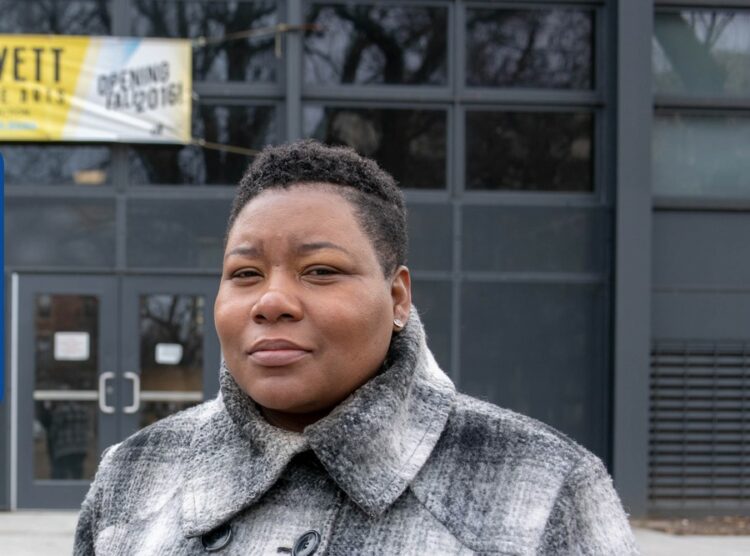A Chicago alderwoman shared her story on the city’s broken affordable housing system after receiving an approval letter nearly three decades after she initially applied.
Jeanette Taylor, representing the city’s 20th ward since 2019, took to Twitter on Tuesday and shared a photo of the acceptance letter.
The Chicago Housing Authority (CHA) letter was dated May 20, 2022, in response to an application she made in 1993.
“Today in 2022, I finally got a letter telling me I made it to the top of the waiting list,” she tweeted.
I first applied for an affordable housing voucher in 1993.
I finally got a call back in 2004 to tell me my son who just graduated high school couldn’t be on my lease.
Today in 2022 I finally got a letter telling me I made it to the top of the waiting list. I have no words. pic.twitter.com/h0lykVyFcd
— Alderwoman Jeanette Taylor (@taylorfor20th) May 31, 2022
The letter also stated that she had made it to the top of the waiting list and could now start the process for federal subsidized public housing. Taylor had until June 3 to respond to the agency.
In 1993, Taylor was a 19-year-old with three children who shared a small apartment with her mother and two siblings.
“So I had three kids. My sister had a kid. And we were sharing this apartment because at the time I couldn’t afford to go anywhere else,” Taylor told Fox 32 Chicago.
After years of waiting, Taylor had two more children.
“Who raises five kids in a one-bedroom? I have where I had to turn a living room into a bedroom,” the alderwoman said in an interview with WBBM NewsRadio.
Taylor admitted that she was offered a place to live in 2004 but turned it down. She said the reason was that the location was too far from her children’s school, and the housing authority would not allow her son to be on the lease since he graduated from high school.
“This is why people are leaving Chicago in droves and I used to say this literally 15 years ago and people did not believe me,” she said. “I used to say, ‘If you ain’t makin’ over $100,000, you are not going to be able to make it in this city.'”
Taylor addressed the issue by calling out the city’s lack of concern for low-income residents who need affordable housing.
“I wanted to tell people what happened. But ultimately, what I started was a national conversation about housing which we are not having. We are not talking about the people who live under the expressway in one of the richest cities in the world. Chicago is not broke. We got a priority problem, and poor people are not the priority,” Taylor said.
The organization issued a statement saying, “CHA cannot comment on any applicant’s status for privacy reasons, but we fully agree that more resources are needed from the federal government to address the need for affordable housing in Chicago, as there has not been a significant increase in the number of vouchers available in years.”
The CHA also revealed that the last time its housing waiting list was open was in 2014. Since then, more than 75,000 applicants’ names have been on the list. Today, around 32,000 applicants remain.
According to the website, applicants looking for specific housing preferences would have to wait more than 25 years before they become available.
“Maybe that’s in your handbook to say to me or say to the people of the city, but we gotta do something. We got young people who are homeless,” Taylor responded to CHA’s comments.















